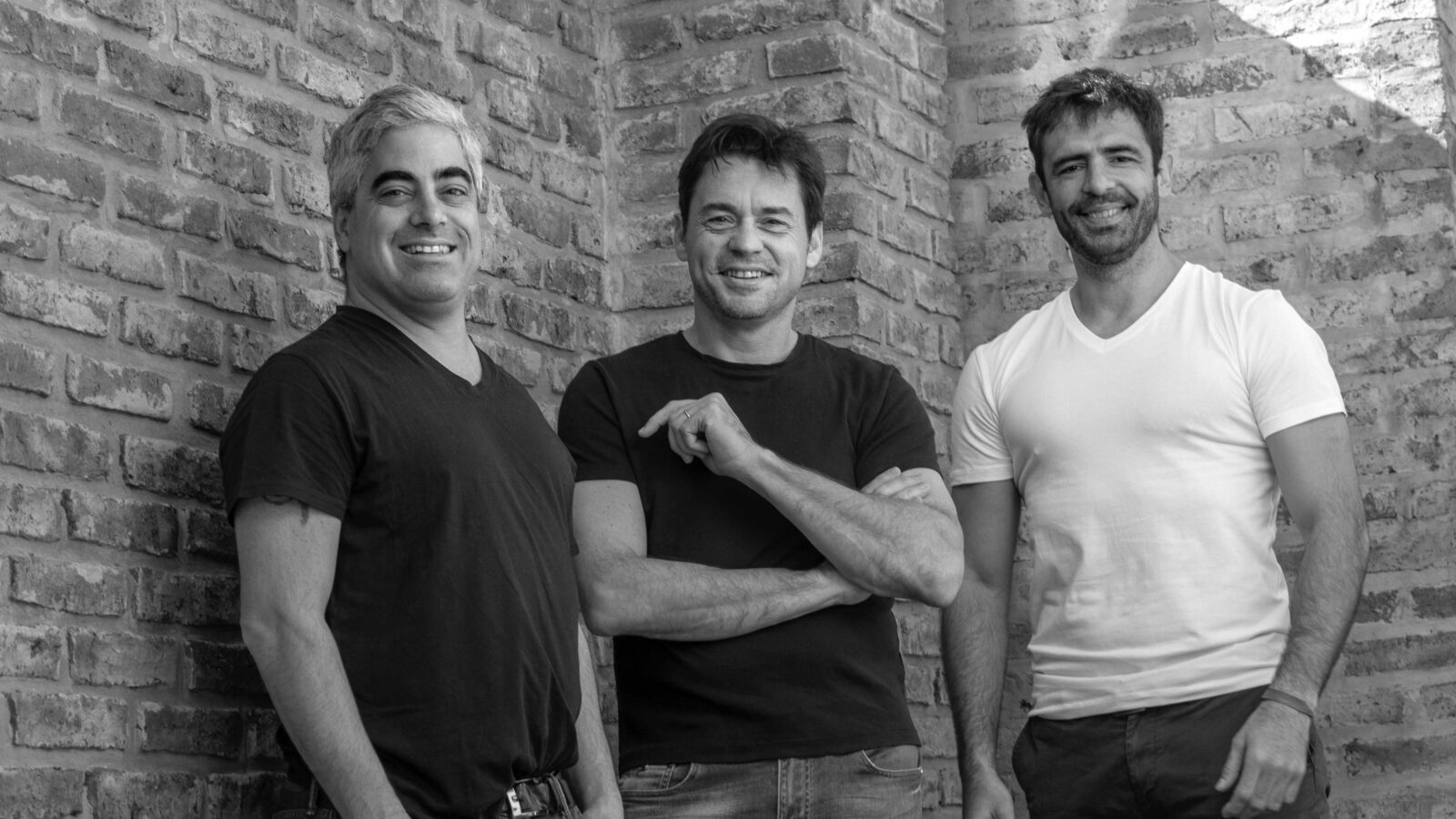Sustainable technologies are key to a low carbon future, at least here on earth, but what about in space? Obruta Space Solutions, a start-up from Ottawa, intends to bring sustainability to space by reducing the debris that accumulates from single-use spacecrafts used to refuel and maintain reusable satellites. The founders of the start-up have developed hardware and software that can reduce the complexities of servicing a spacecraft, as well as the need to launch a new spacecraft for refuelling or servicing satellites.
But, as most start-ups will experience, there are many difficulties in launching a technology into a real business. Although Obruta had a solution for approaching and docking with a satellite, they were unsure as to whether they were solely a hardware or software company, and how to bring their business to fruition.
Enter the CDL Space Stream, a program to support early-stage start-ups that are developing space-based technologies. Obruta Space Solutions came to CDL Space to help them solve this problem, what type of company were they? And what was their product?
We asked founders Kevin Stadnyk (CEO) and Kirk Hovell (CTO) how CDL Space helped them solve this problem, and to provide their advice to emerging startups in the space industry. Here’s what they said:
How did CDL Space help you determine your new business model?
We realized we had to pivot our business away from hardware towards software, which occurred around the time of CDL-Toronto’s first Session. We received advice from mentors on how to navigate such a pivot in our business model, as well as the things we should be focused on to execute that pivot. This advice really helped us land up where we are today, which was solidifying the pivot towards becoming primarily a software company. Once we made this pivot, customer interest and market traction, along with investor interest, contracts, and projects, all followed suit. Along with gaining pivotal advice, we also have had CDL Space mentors join us as advisors, providing us with ongoing support in this newfound direction.
What is your advice to emerging startups within the space industry?
Our advice would be to keep at it. We’re going with the industry as it’s entering the Golden Age right now. We’re seeing the costs to enter the space industry drop dramatically so that almost anyone will have access to it in a few years’ time, even though there may still be some barriers now. But, If you start now, by the time you’re ready to be launching and reaching the market, those barriers to entry will have dropped even further. Many things that would be considered impossible right now, will be possible in 5 to 10 years down the line. We encourage startups to get on it now and stick to it.





